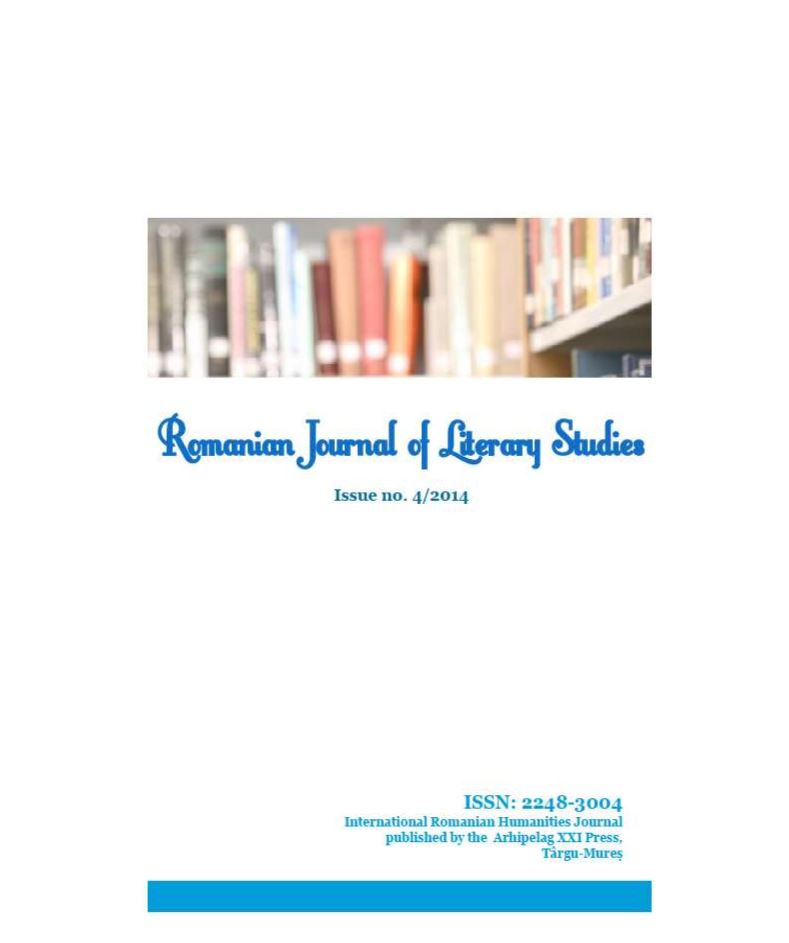VASILE VOICULESCU, EXISTENCE AND POETIC ESSENCE UNDER THE SIGN OF THE SYMBIOSIS BETWEEN NATION AND FAITH
VASILE VOICULESCU, EXISTENCE AND POETIC ESSENCE UNDER THE SIGN OF THE SYMBIOSIS BETWEEN NATION AND FAITH
Author(s): Alina Marieta Rucăreanu (Monahia Alexandra)Subject(s): Language and Literature Studies, Literary Texts
Published by: Editura Arhipelag XXI
Keywords: God; Vasile Voiculescu; poetry; faith; country; nation
Summary/Abstract: Vasile Voiculescu’s work offers rich possibilities of analysis, thanks to its diverse topics. It is generally considered that his poems are predominantly of a religious nature; it is even sometimes emphasised that beyond his verses there lurks an authentic mystical experience, lived by the poet himself. Indeed, his connections with the movement “Rugul Aprins” and with its distinguished members represent the prerequisites of such a supposition. Without minimising the importance if the religious factor in Voiculescu’s poetry and prose, it is important to underline an aspect of extreme importance for the appropriate understanding of their value: Christianity, in Voiculescu’s view, and not only, is strongly imbued with a diffuse national element, which renders it particular in a special way. Highly distinguishable are also a certain elegance of the verse, an exceptional way of employing the metres and a very acute sense of rhyme. Vasile Voiculescu’s poetry may represent, from this perspective, a very good example of stylistic refinament. This could account for the increasing interest in his work. The present inquiry means to investigate this rather delicate topic, starting not so much from the identification of a possible and natural influence of national movements of the time over doctor Voiculescu’s work, but from the observation of a subtle, but efficient, “nationalisation“ of religious topics in his poetry. Vasile Voiculescu’s religious poetry does not contain patriotic accents, does not provoke national-spiritual revolutions, but is characterised by the existence of a rich background of Christian elements, particularised in the Romanian context, but uncorrupted by any sorts of nationalist tendencies. Maybe this is the reason why Voiculescu’s poetry presents certain resemblances with the Byzantine mystical literature, rather than with the religious-national approach, so prevalent in the interwar Romanian literature.
Journal: Journal of Romanian Literary Studies
- Issue Year: 2014
- Issue No: 04
- Page Range: 658-664
- Page Count: 7
- Language: Romanian

